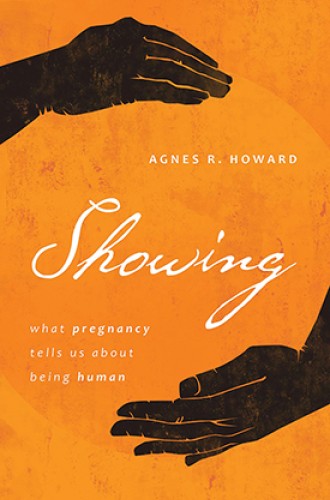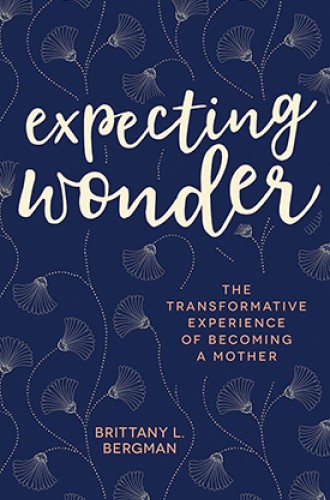Pregnancy is undeniably beautiful and bizarre
Both Agnes Howard and Brittany Bergman encourage reflection on a transformational experience.
Even before I gave birth to my own three children, I had the sense that pregnancy and childbirth are a portal to the divine. A deep mystery surrounds the intense process of knitting a human soul in the secret pocket of the body. Our culture doesn’t usually encourage pregnant women to reflect on the transformational experience of bearing and giving birth to a child. But both Agnes Howard and Brittany Bergman do.
Howard, who teaches history and the humanities at Valparaiso University, delves into the philosophies, beliefs, folk traditions, scientific theories, and superstitions surrounding pregnancy. Her extensive research traces the fascinating evolution of thought in the United States on conception, embryology, medical care, and gestation of the fetus. In Showing, pregnancy emerges as a phenomenon that is both normal and bizarre.
When does “ensoulment” of a fetus occur? What have we lost as we’ve allowed modern medicine to reign over our pregnant bodies? How does pregnancy at the same time incubate new life and change women? Howard considers these questions from an academic framework; yet, her artful prose makes the book accessible to any thoughtful reader interested in understanding pregnancy within the context of history and culture. “Not only pregnant women need to think about pregnancy,” she argues. “The experience of giving hospitality in the body to another human is not just a useful lesson for women who do it, but for all of us.”







